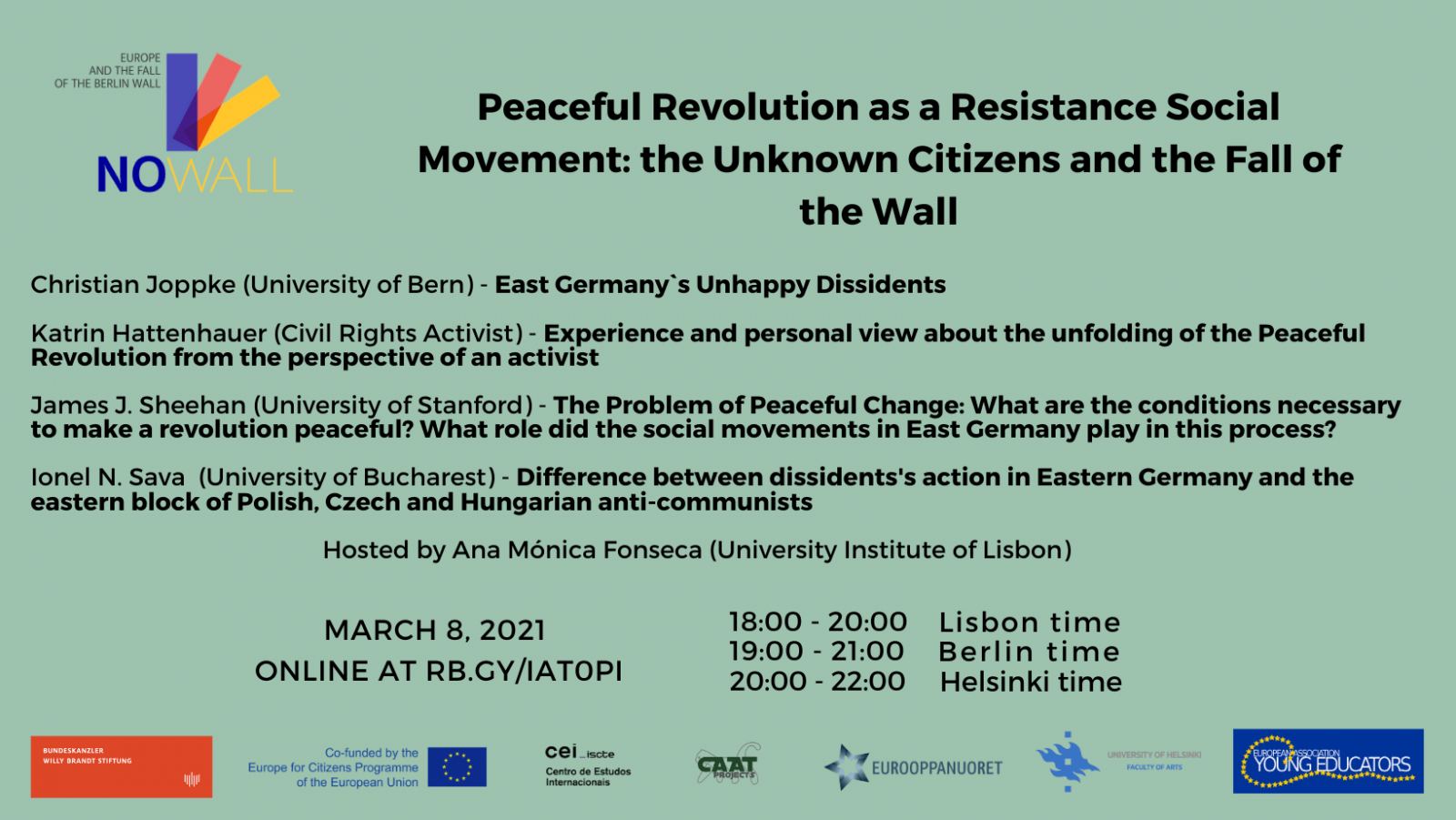WEBINAR – Peaceful Revolution as a Resistance Social Movement: the Unknown Citizens and the Fall of the Wall
8 March
| 18:00 – 20:00 Lisbon time | 19:00 – 21:00 Berlin and Amsterdam time | 20:00 – 22:00 Helsinki time |
Join for free at https://rb.gy/iat0pi
PROGRAMME
Christian Joppke (University of Bern) – East Germany`s Unhappy Dissidents
Katrin Hattenhauer (Artist and Civil Rights Activist) – Experience and personal view about the unfolding of the Peaceful Revolution from the perspective of an activist
James J. Sheehan (University of Stanford) – The Problem of Peaceful Change: What are the conditions necessary to make a revolution peaceful? What role did the social movements in East Germany play in this process?
Ionel N. Sava (University of Bucharest) – Difference between dissidents’s action in Eastern Germany and the eastern block of Polish, Czech and Hungarian anti-communists
Hosted by Ana Mónica Fonseca (Iscte – University Institute of Lisbon)
One of the manifestations of a well-functioning civil society are numerous active social movements. They testify to the high activity and the ability to self-organize citizens. In this webinar we aim to present the resistance social movements during the Cold War and before the Fall of the Berlin Wall.
November 9, 1989, the day the Berlin Wall fell, was the culmination of revolutionary events.The citizens of the GDR played a leading role here: some because they did everything they could to leave the country, which denied them their freedom to travel, and therefore forced their departure by occupying embassies abroad; others because they loudly announced their desire to stay in the GDR. In return, however, they demanded fundamental reforms that the regime could not approve without initiating its collapse. Under the influence of this double pressure, the GDR collapsed like a house of cards within a few months, despite enormous security measures. This paved the way for overcoming the division and reunification of Germany on October 3, 1990.
SPEAKERS
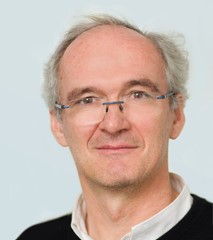
Christian Joppke is a German political sociologist, professor and chair in general sociology at the University of Bern, Switzerland. He is the author of more than one hundred publications, monographs and manuscripts, and among the most widely cited authors in the field of citizenship and immigration. Essentially a critic of multiculturalism, Joppke is self-defined “a reactionary liberal”. He holds a PhD degree from the University of California at Berkeley, United States. Previous appointments include the University of Southern California, the European University Institute, the University of British Columbia, and International University Bremen.
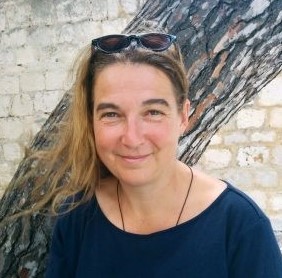
Katrin Hattenhauer is an artist and civil rights activist, Member of the GDR Opposition movement. On 4th of September 1989 she and her friend carried the famous banner “For an Open Country with Free People”, initiating the Monday Demonstrations, marking the beginning of the Peaceful Revolution in Leipzig. Today she does her PhD at Oxford Brookes University about activism and courage. She has over 20 years of experience in socially engaged art projects and civic education and was awarded the Federal Cross of Merit.
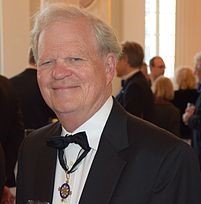
James J. Sheehan is an American historian of modern Germany and the former president of the American Historical Association (2005). Born in San Francisco in 1937, Sheehan earned a B.A. from Stanford University in 1958 and a Ph.D. (history) from the University of California, Berkeley in 1964. At Stanford, Sheehan is Dickason Professor in the Humanities, Emeritus, Professor of History, Emeritus and FSI senior fellow (courtesy). Sheehan’s research focuses on German and modern European history, especially the history of German liberalism, the German Empire, and war and the modern European state. Sheehan is a recipient of the Humboldt Research Prize and the Cross of Merit of the Federal Republic of Germany, as well as a member of the German Order Pour le Mérite.
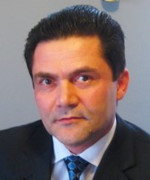
Ionel N. Sava is a Senior Lecturer in Sociology and International Relations at the University of Bucharest, Romania.He graduated in sociology (1993) and took specialization courses at the G.C. Marshall College in Garmish-P, Germany (1996). He defended his doctorate at the University of Bucharest (1999) with a thesis on the economic and social transition of Eastern Europe. In 2001, he received a NATO “Manfred Wörner” Fellowship for a project on the role of external assistance in the democratic transition of Southeast European countries. In 2002 he was a Fulbright Fellow at the University of California in Los Angeles.
HOST
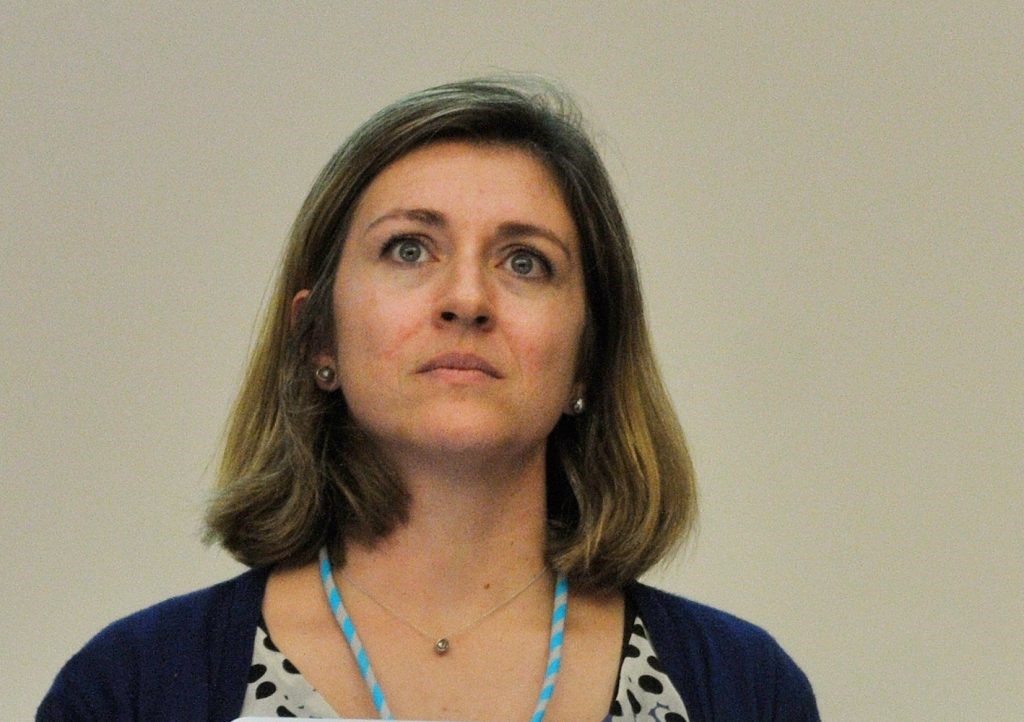
Prof. Ana Mónica Fonseca, researcher at the Centre for International Studies (CEI) at Iscte – University Institute Lisbon and an Assistant Professor at the History Department also at Iscte. Between 2006 and 2015 she was also a researcher at the New University of Lisbon’s Portuguese Institute for International Relations (IPRI-UNL). Her Ph.D. dissertation in Contemporary History (ISCTE-IUL, 2011) received the Honorable Mention of the Victor de Sá Award for Contemporary History 2012 and the Honorable Mention of the Mario Soares Foundation-EDP Award 2012. Her main research areas are Southern Europe democratic transitions, Portuguese-German relations during the Cold War, transatlantic relations, German History, democracy promotion, and transnational history.
